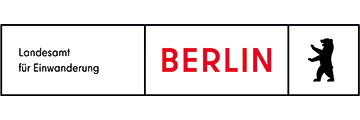Employment law in the Federal Republic of Germany
German labor law regulates the legal relationships between individual employees and employers, between employee representative bodies in companies and businesses and the employer, and between employers and trade unions.
Germany combines entrepreneurial competition with the balancing of social interests. Collective agreements negotiated between employers' organizations and trade unions are essential for working conditions.
Employers' associations
- Employers have formed regional associations; in line with the principle of industrial organization, they are independent of one another.
- The Federal Confederation of German Employers Associations (BDA) is the umbrella organization of the employers associations.
- Employers from all business sectors may become members, including industrial enterprises, trading firms, skilled crafts, banks, insurance companies, agricultural operations as well as traffic and infrastructure organizations.
- The BDA represents the companies in their function as employer; in other words, trade unions negotiate with the employers association.
- The Confederation of Employers` and Business Associations of Berlin and Brandenburg is the UVB
Trade unions
- In Germany, trade unions are not affiliated with any political party.
- The trade unions represent the workers in various industries separately.
- On average, less than 25 % of employees are members of a trade union.
- Strong union efforts to recruit members in the new economy/IT companies/startups
- Deutscher Gewerkschaftsbund (German Trade Union Confederation DGB): largest trade union organization in the private sector in Germany, around 5.7 million members (2024) in eight individual unions
- Ver.di: Largest trade union in the public sector, around 2 million members (2024)


